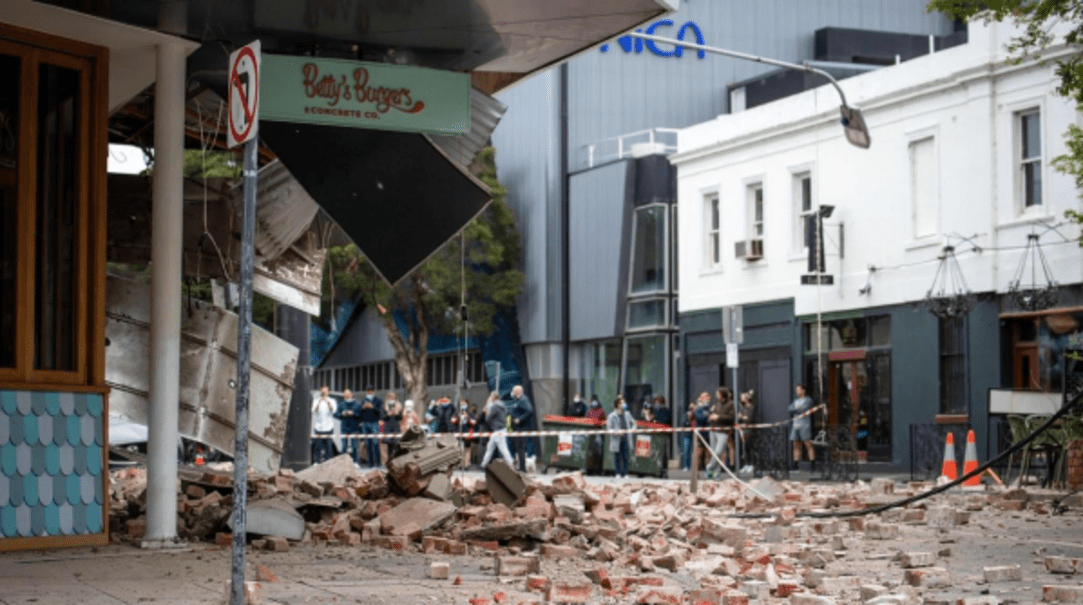
- May 8, 2023
- Effective Building
- 0
Residential home building collapses can be devastating, leading to loss of life, property damage, and financial losses. Structural failures resulting from poor design or construction practices are often the cause of these collapses. Buildings can also collapse due to external forces such as earthquakes and high winds and storms, inadequate construction materials or techniques, insufficient maintenance or repair procedures, and even sabotage. In many cases, residential home building collapses can be attributed to design flaws or improper maintenance.
To prevent buildings from collapsing, building inspectors look for a variety of deficiencies, including:
- Inadequate maintenance can result in rust or corrosion of building materials or components.
- Wear and tear on components such as windows, doors, and outside cladding that might jeopardize the structure’s structural integrity
- Failure to fulfill the fundamental material and workmanship standards necessary to guarantee that the facility functions as intended,
- Inadequate structural support, such as missing or improperly positioned cross bracing, and plumbing issues that can cause water damage and structural issues.
How a Residential Building Inspector Protects Lives by Recognizing Hidden Dangers
Building inspectors are tasked with the critical responsibility of ensuring public safety by evaluating the structural integrity, architectural standards, and overall safety of all buildings. They play a vital role in enforcing building standards and regulations to preserve everyone’s safety. An efficient building inspector conducts field inspections of industrial, commercial, and residential structures at various phases of construction and remodeling; assures appropriate and safe installation of regular and complicated building systems; and monitors compliance, including after infractions.
First, they should check the structure of the walls and foundation for cracks or signs of deformation that could indicate weakening or instability. Additionally, they should assess whether the home has been built according to local building codes and if any changes have been made that could create weak points.
Second, they should look for signs of water damage or corrosion that can weaken materials over time or cause structural failure.
Third they should ensure the correct installation of mechanical systems like heating, ventilation, air conditioning, plumbing, and electrical wiring. Faulty installation can lead to increased stress on the building’s internal structures, leading to weakening and instability over time.
Finally, inspectors should assess whether the home is properly supported by its foundation. If it is not sufficiently supported, it could become unstable in the event of an earthquake or other natural disaster. The home’s roofing system should also be checked for structural integrity and overall condition, as this is an important aspect of maintaining stability throughout a building’s life cycle.
We at Effective Building and Consultancy, we provide unbiased and clear insight into the condition of your property. Combined with a report that is easy to follow, we guide you in the next steps by offering recommendations for repairs or proactive steps to prevent damage. Call us today on (02) 9613 3353 or visit our website at https://www.effectiveconsultancy.com.au/ to book an inspection with us!
A property inspection is an excellent step in purchasing a new property during a transaction. Most buyers don’t know what Read more
Rezoning is rezoning a parcel of property from one kind to another, such as industrial to residential. Land zones govern Read more
According to Murphy's Law, whatever may go wrong, will go wrong. Even with a well-thought-out building plan, anything can and Read more





